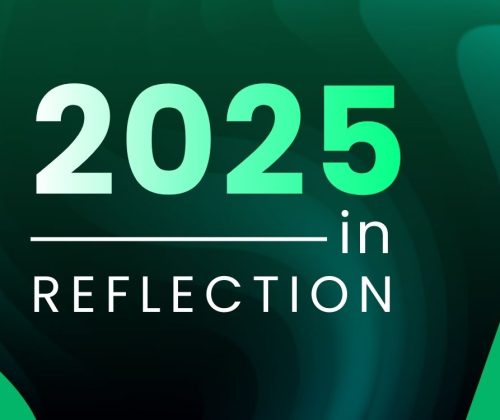The tourism sector has been witnessing a shift from a business-to-business (B2B) approach to a business-to-consumer-tourist (B2C) approach in recent times. The key to any strategy in the current tourism landscape lies in understanding the customer, the traveler, who is the determiner of a business’s brand value. With the advent of digital technology and social media platforms, visitors are constantly updated and hence, have become more discerning and demanding about the quality of experience and service they receive. This change is driven by several factors, including personalization in approach, and the surge in self-guided travel.
 A significant change is the emergence and growth of social networking platforms. Platforms like TikTok, Facebook, Instagram, and YouTube have revolutionized communication and personalization. Social networks foster sharing and direct connection with the desired audience. This is why social networking sites are gaining popularity and becoming an integral part of our lives. However, these are just channels of communication, methods of reaching tourists. Businesses also need to identify their target audience clearly for more specific and flexible personalization of messages and outreach campaigns instead of relying on intermediary partners or generic strategies for the entire market.
A significant change is the emergence and growth of social networking platforms. Platforms like TikTok, Facebook, Instagram, and YouTube have revolutionized communication and personalization. Social networks foster sharing and direct connection with the desired audience. This is why social networking sites are gaining popularity and becoming an integral part of our lives. However, these are just channels of communication, methods of reaching tourists. Businesses also need to identify their target audience clearly for more specific and flexible personalization of messages and outreach campaigns instead of relying on intermediary partners or generic strategies for the entire market.

Along with a more personalized approach strategy, there is a growing demand for personalized experiences. Travelers no longer prefer generic travel packages. They seek experiences tailored to their personal interests and needs. This necessitates businesses to collect and analyze data about their customers to provide more personalized recommendations.
Another notable trend is the growing popularity of individual or independent travel. As per Outbox’s records, self-sufficient travel has been increasingly preferred by tourists from 62% in 2019 to over 80% during the first three quarters of 2023.
An increasing number of travelers prefer the freedom to make their own travel arrangements such as booking flights, accommodation, and activities rather than going through a tour operator. This provides travelers with more flexibility and control over their travel experience but also necessitates businesses to be more creative and innovative in their marketing and sales strategies.
The shift from B2B to B2C is not confined to the tourism industry alone. It is being observed across all sectors of the economy. Businesses, irrespective of their size, are realizing that focusing on individual customers is crucial for success.
The transition from B2B to B2C poses challenges but also presents opportunities. Businesses that successfully navigate this transition will be well-positioned to prosper in the coming years.



